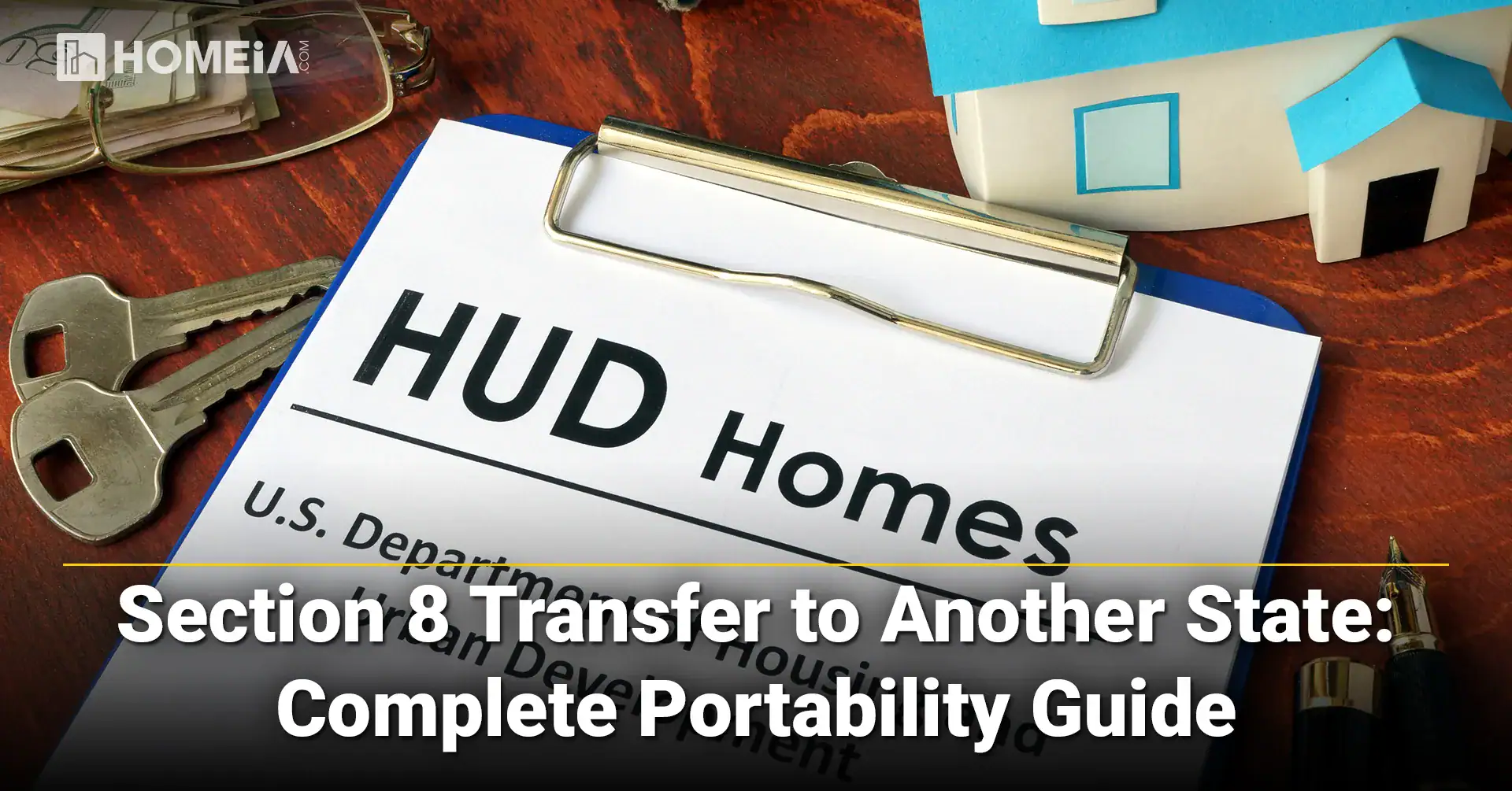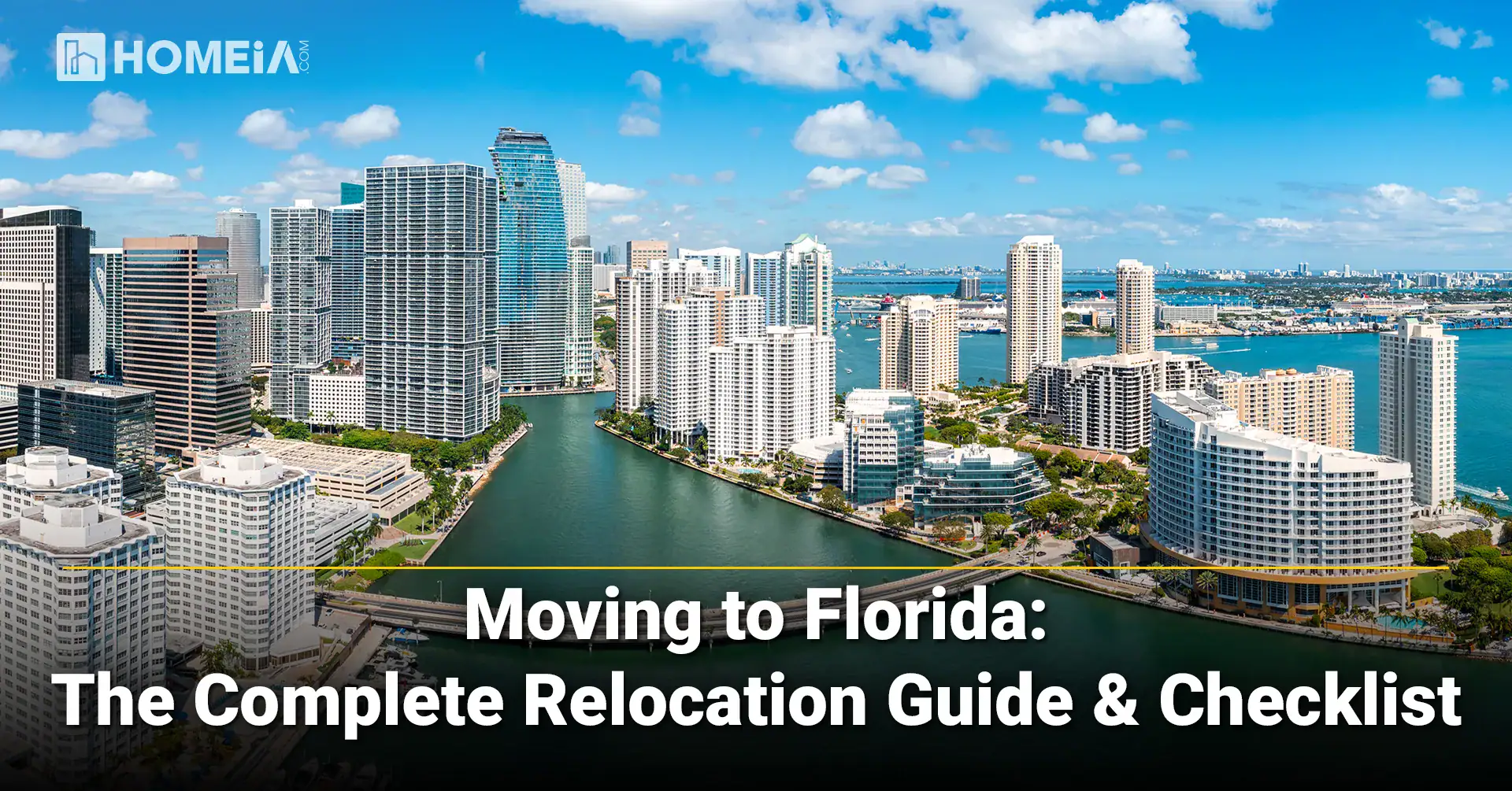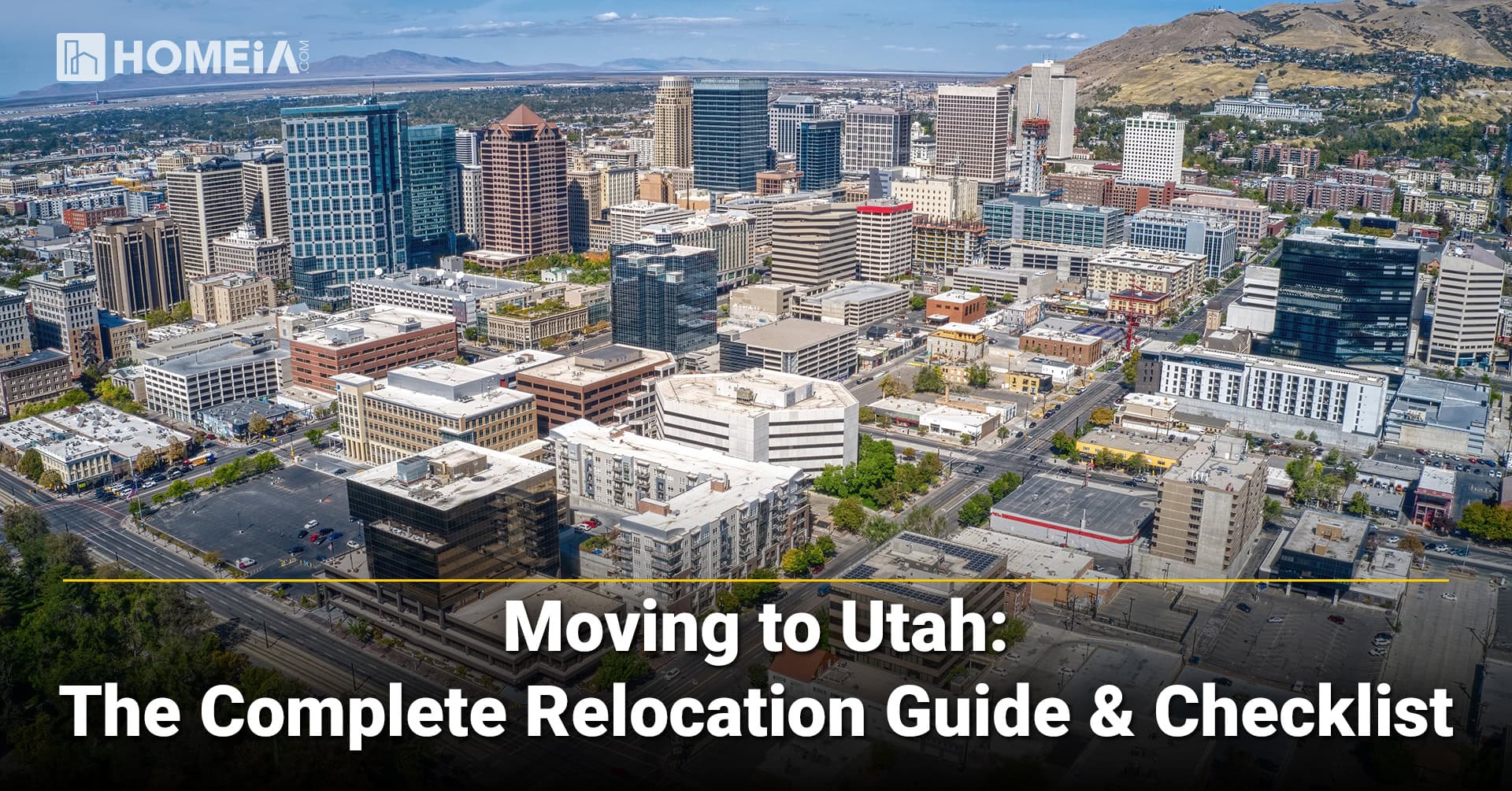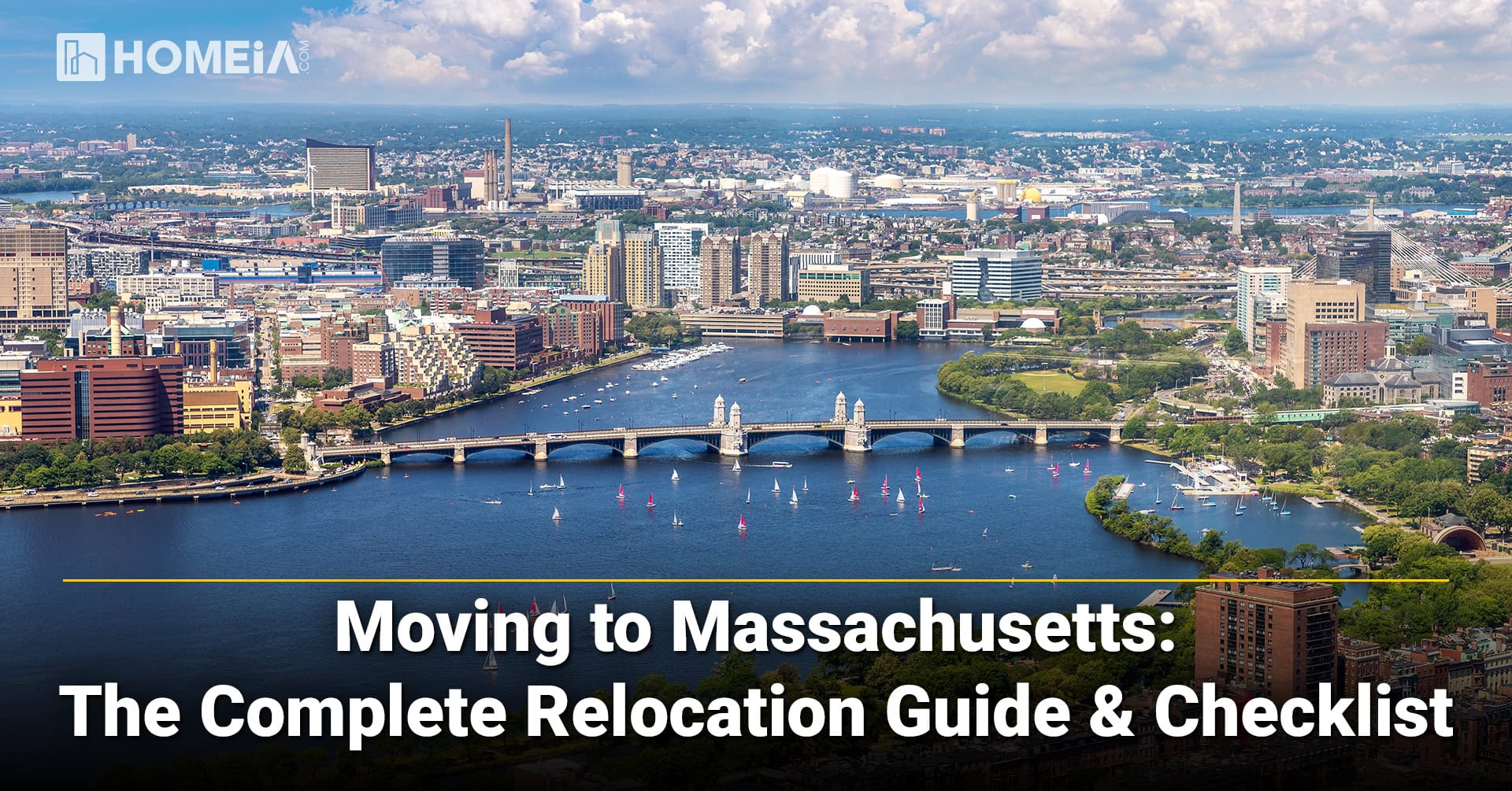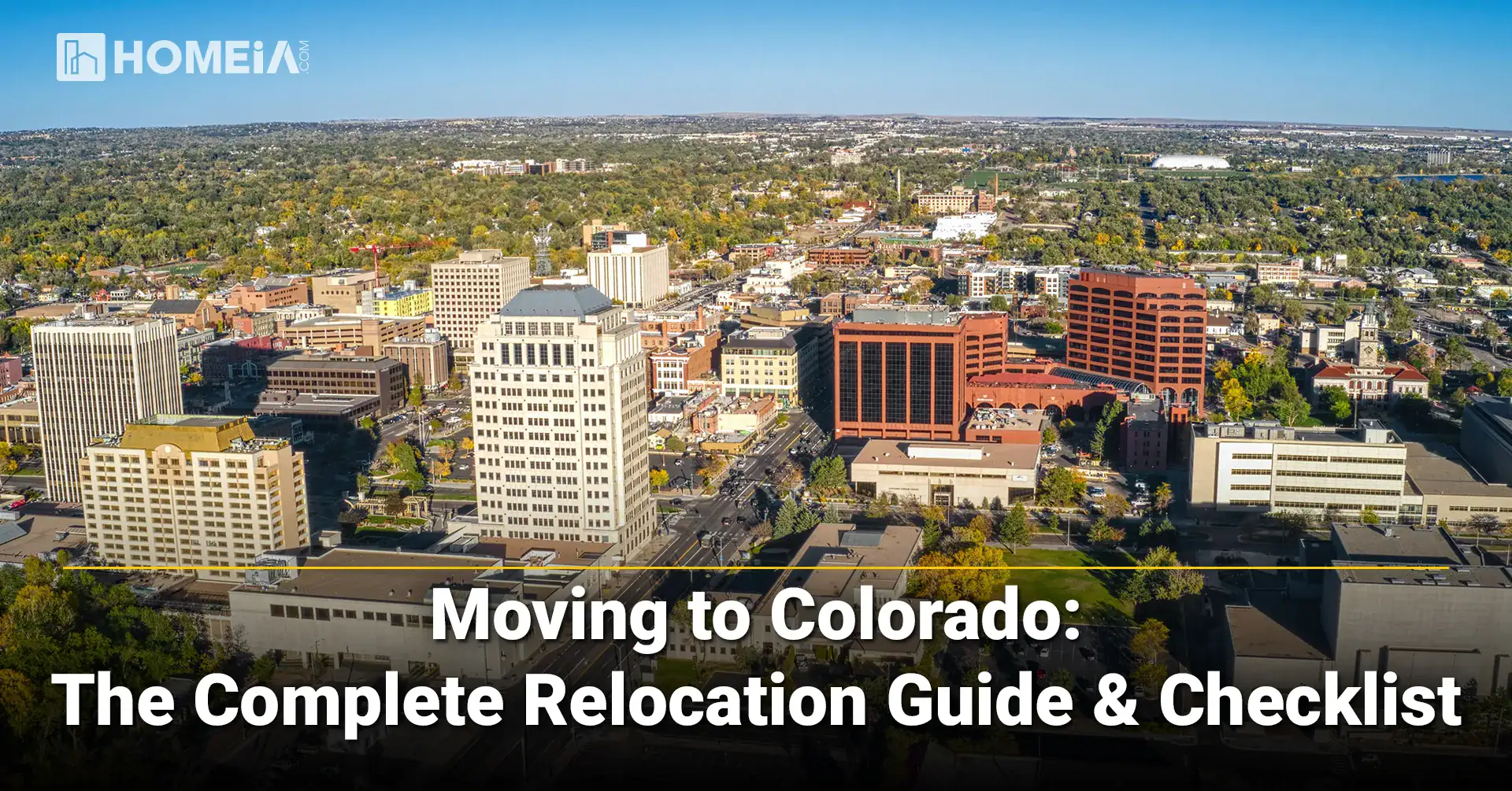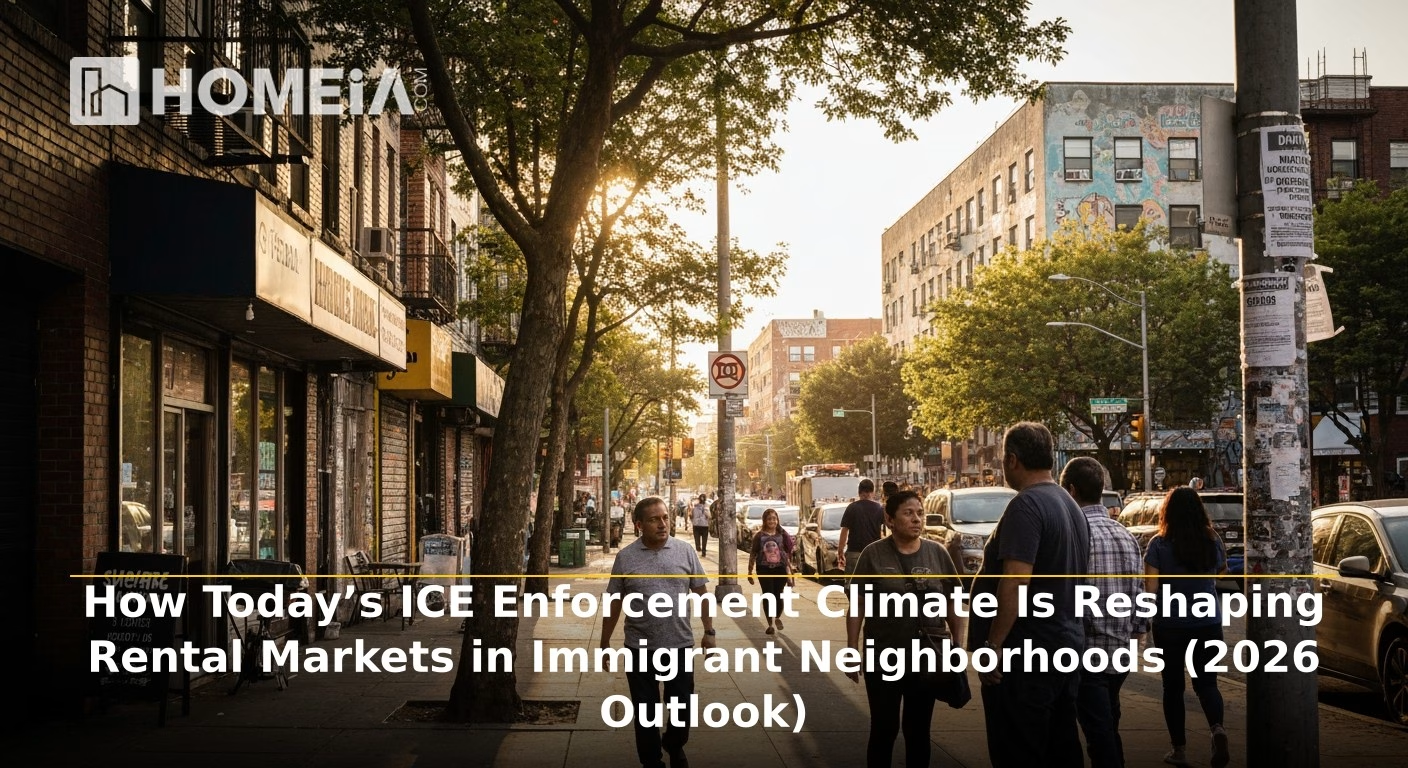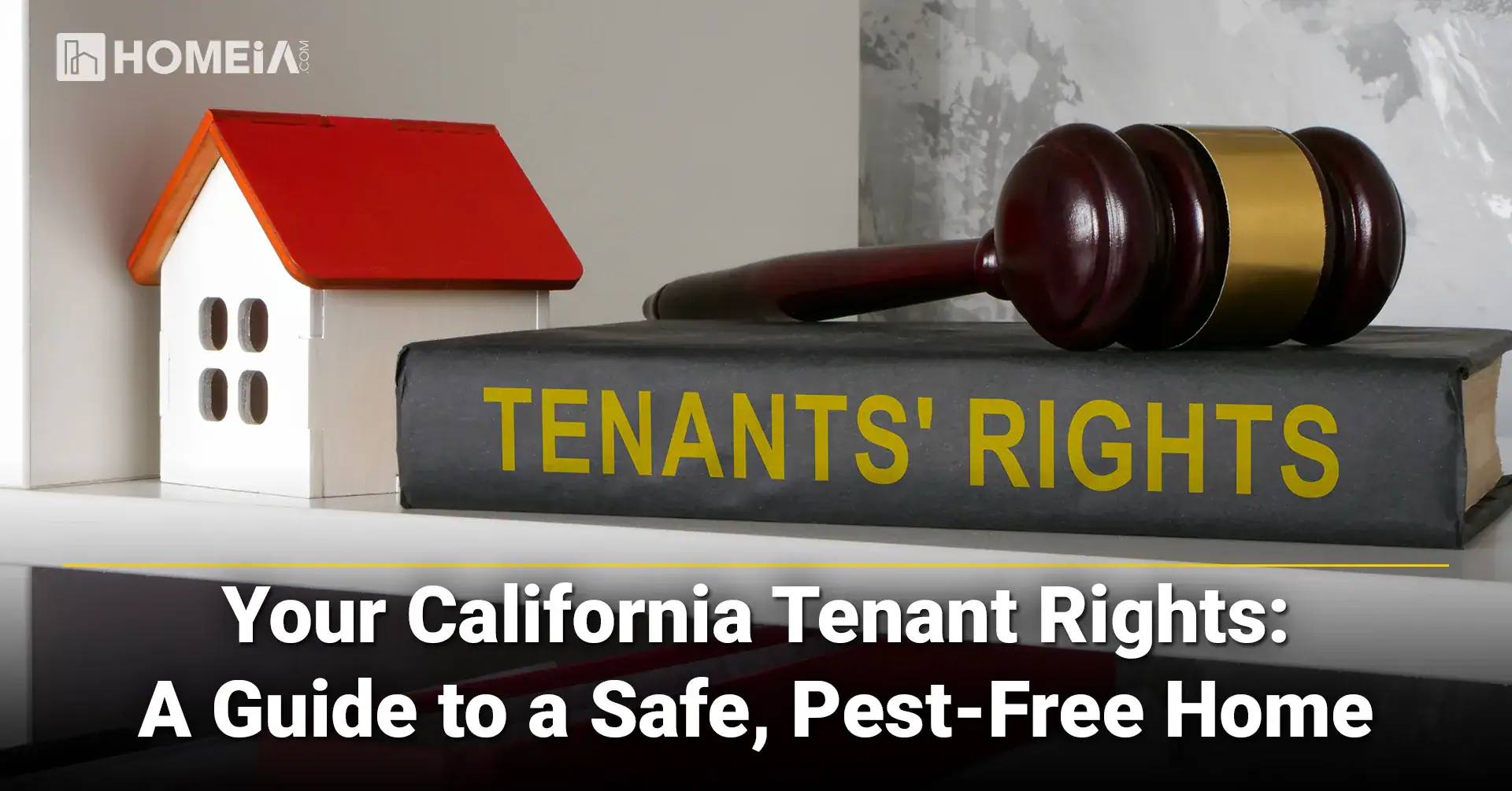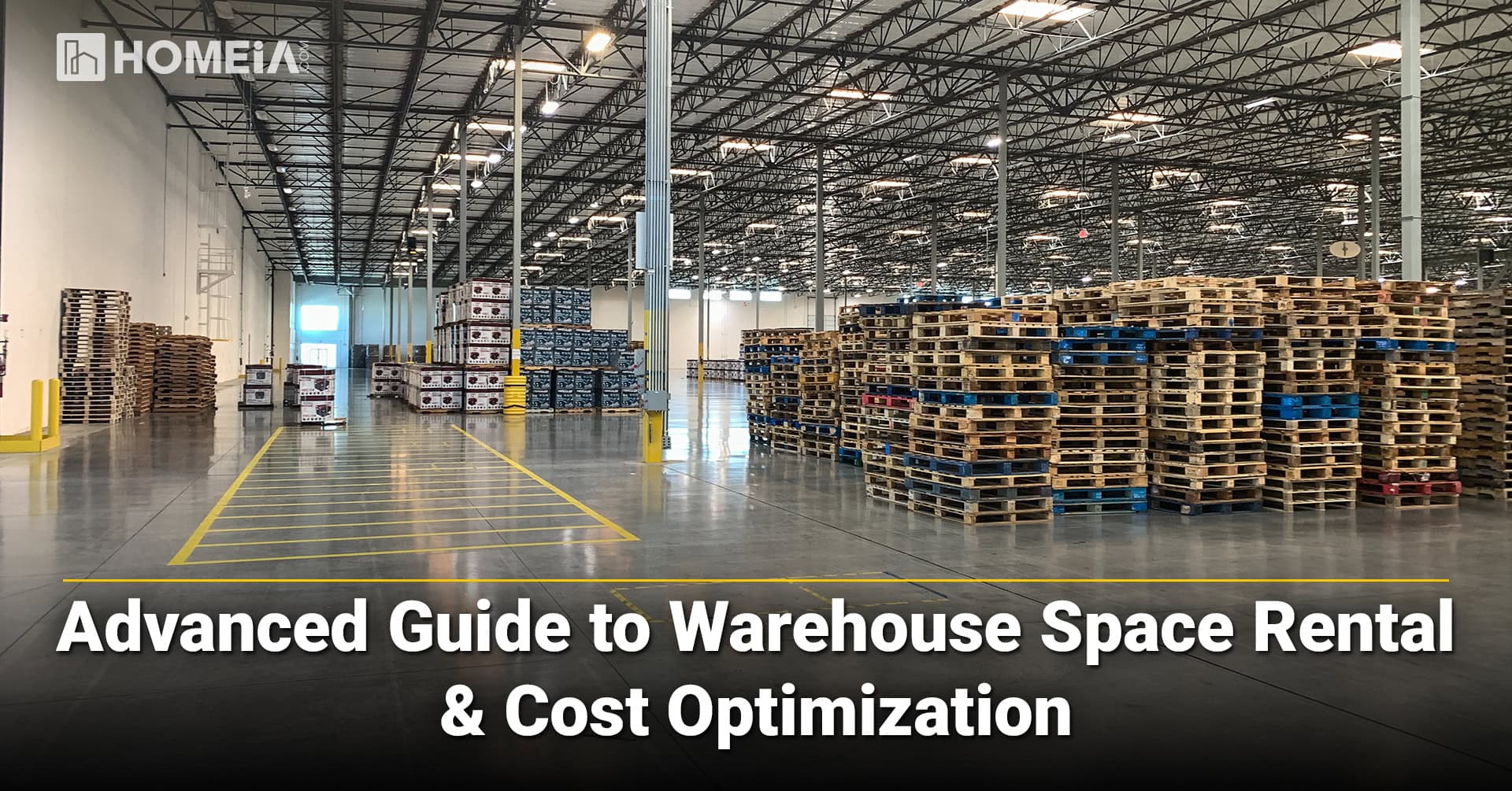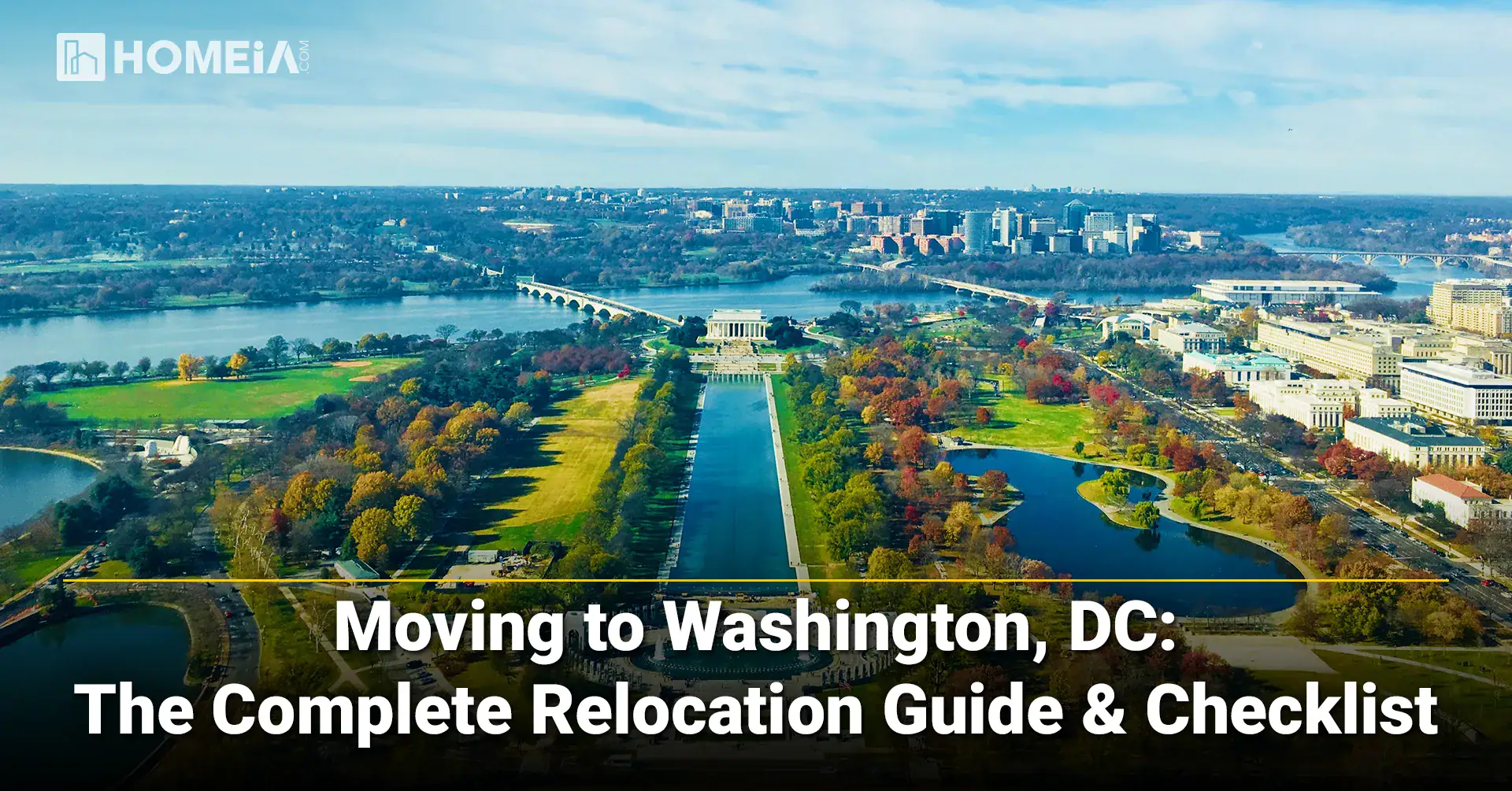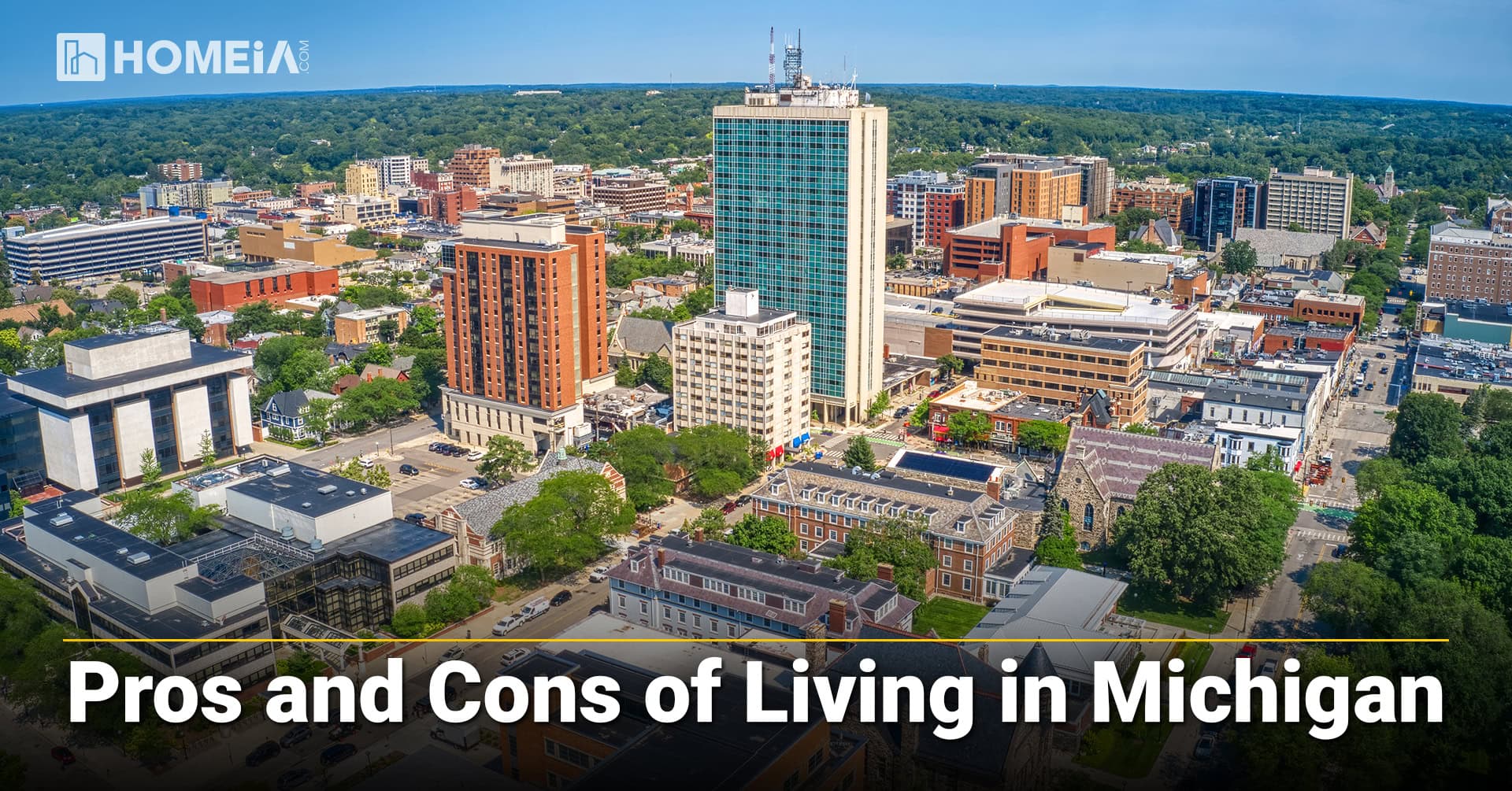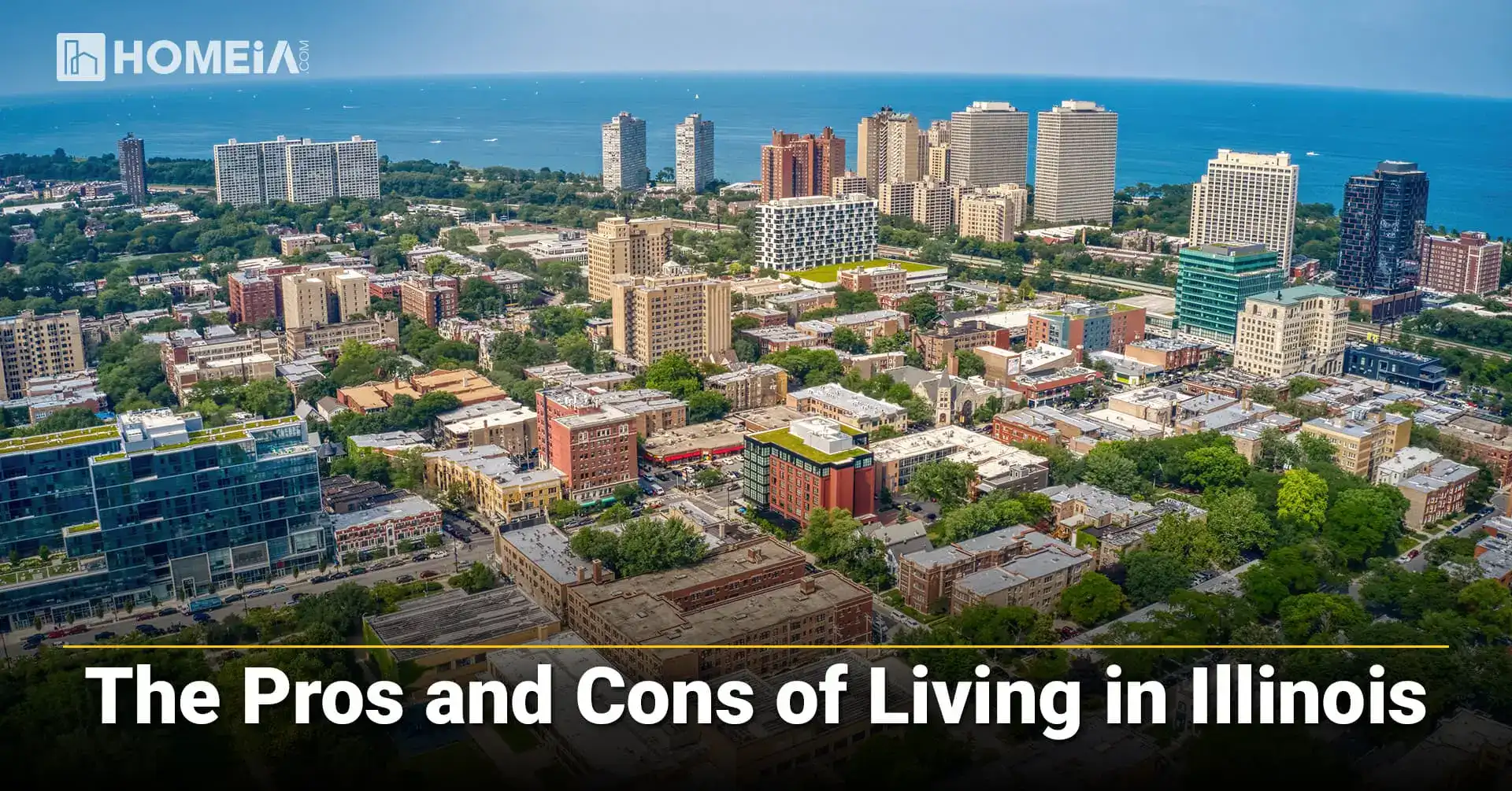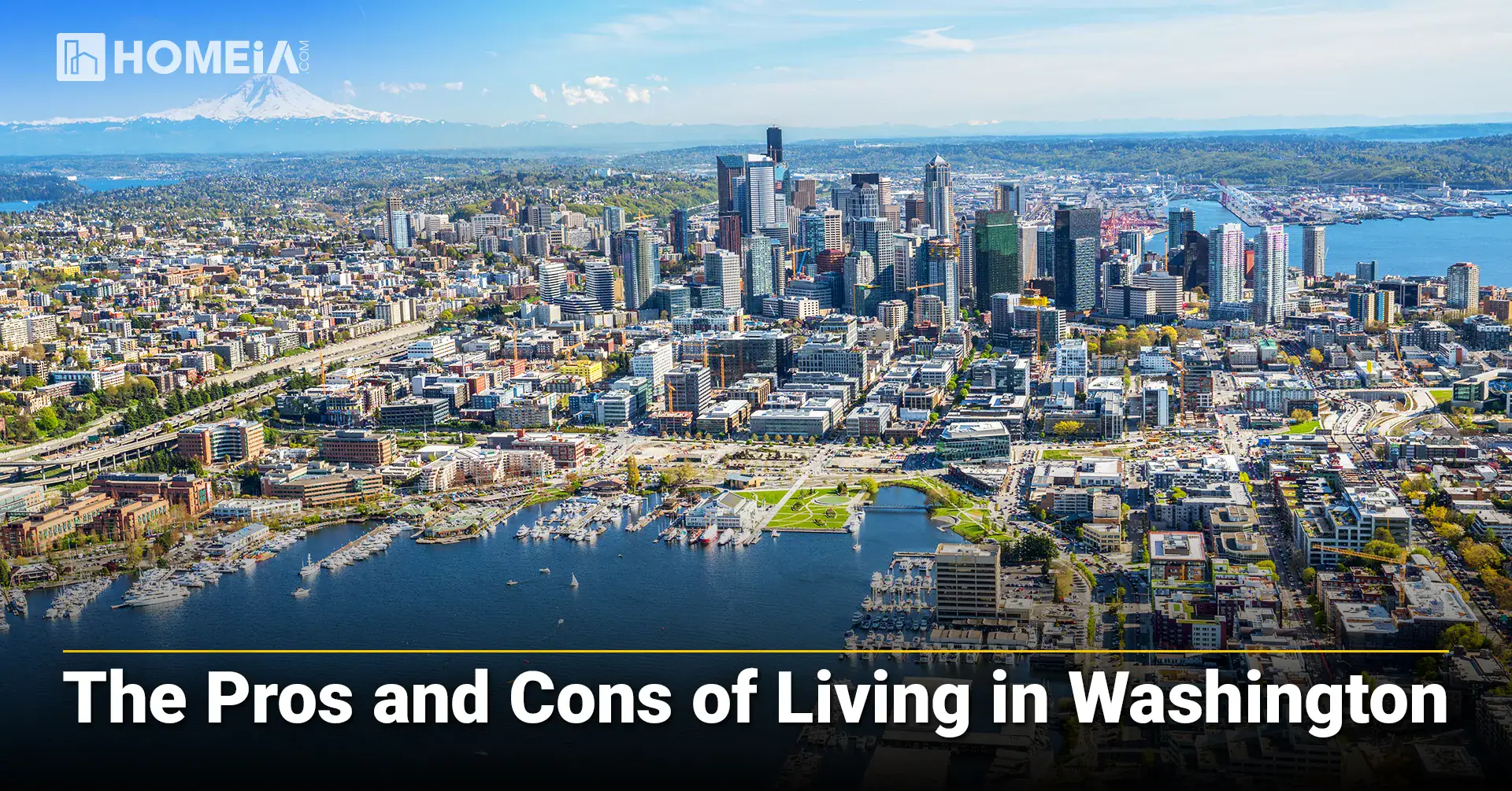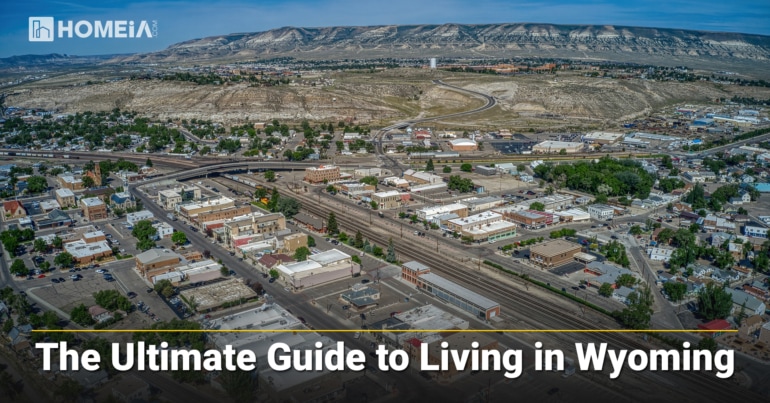
Table of Contents:
How to Rent an Apartment After Relocating: 10 Expert Tips
Quick Answer: Budget 30% of gross income for rent, check and maintain a good credit score (aim for 700+), research neighborhoods thoroughly, and consider short-term housing while apartment hunting. Starting your search 6-8 weeks before moving allows for better runtime if changes occur. Always document the move-in condition to protect your security deposit.
Relocating to a new location for any reason is usually a cause for excitement, but finding an apartment to rent is anything but. Whether it’s your first go-around or you’re a pro in the housing game, moving to an unfamiliar area presents unique challenges that require strategic planning.
This comprehensive guide provides 10 expert-backed, actionable tips to simplify your apartment rental journey after relocating. From learning how to navigate credit requirements, research neighborhoods remotely, and negotiate lease terms, you can avoid common pitfalls that can cost unnecessary time and money.
What To Do If Your Landlord Won’t Make Repairs: Tenant Rights, Evidence Checklist, and Legal Remedies
When a landlord ignores repair requests, renters can be left in unsafe, stressful living conditions. But tenants have legal rights. By documenting issues, providing proper notice, and using local housing laws, renters can push for repairs, protect their health, and hold landlords accountable…
Essential Pre-Move Apartment Hunting Checklist
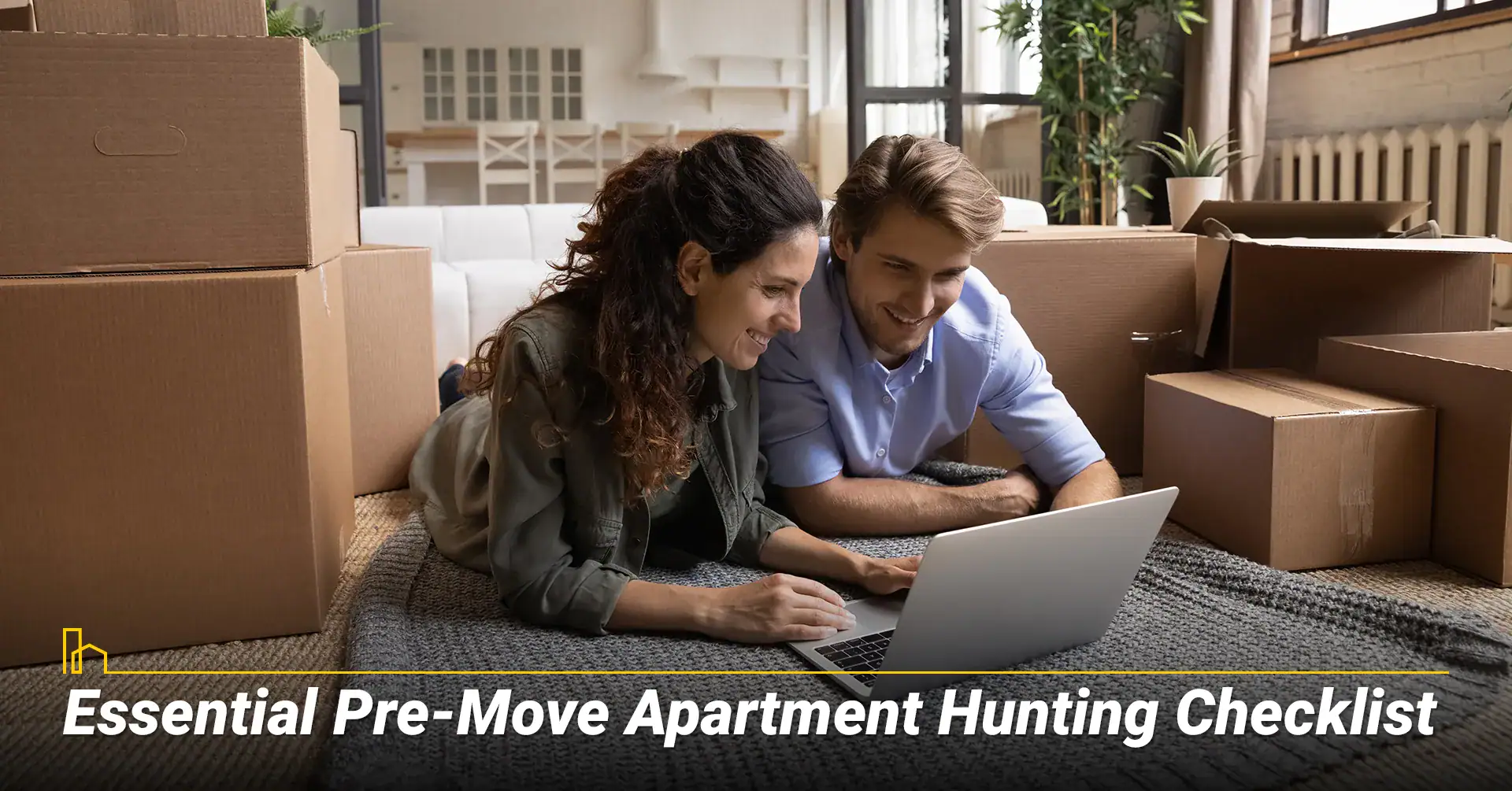
1. Budget Wisely and Know Your Financial Limits
The traditional 30% rule for housing costs still applies in 2025: however, relocating involves additional upfront expenses that many renters may forget to account for. Beyond the monthly rent payment, expect substantial one-time costs including security deposits ($1,500-$3,000+), application fees ($50-$200 per application), and moving expenses ($800-$2,500+). Some cities require broker fees equivalent to one- or two-month’s rent.
Expense Category | Typical Cost Range | Notes |
|---|---|---|
| Security Deposit | $1,500 – $3,000 | Usually 1-2 months’ rent |
| Application Fees | $50 – $200 per application | Non-refundable |
| Broker Fees | 1-2 months’ rent | Common in NYC, Boston |
| Moving Expenses | $800 – $2,500+ | Distance and volume dependent |
| Utility Setup | $100 – $300 | Connection fees and deposits |
| Pet Deposits/Fees | $200 – $500 | If applicable |
Create a relocation buffer fund that covers three to six months of expenses for unexpected costs, such as temporary transportation needs or emergency repairs. Utilizing budgeting apps like Mint or YNAB to determine your realistic rent threshold and filter listings efficiently, without overcommitting in an unfamiliar market.
Illegal Evictions and Lockouts: How Tenants Can Fight Back and Reclaim Their Home
Being locked out or having utilities shut off by a landlord is illegal in most states and can feel terrifying. Staying calm and responding strategically is critical. Tenant protection laws prohibit “self-help” evictions, and emergency legal remedies, like court orders or police assistance…
2. Check and Improve Your Credit Score Before Moving
Your credit score is arguably one of the most critical components to securing your dream apartment. Landlords and leasing companies often view out-of-state applicants with additional scrutiny, so having a good credit score of 700 or higher helps level the playing field compared to local renters.
If your credit score needs improvement, focus on paying down existing credit card balances and student loan debt. Additionally check your credit report for errors using AnnualCreditReport.com. Avoid opening new credit lines during your apartment search, as hard inquiries can temporarily lower your credit score.
When your credit isn’t perfect, you can still secure quality housing by offering to pay two to three months’ rent upfront or providing a qualified co-signer/guarantor. Prepare additional income documentation such as salary confirmation from your current employer, along with letters of good standing from previous locations where you have lived.
3. Use Short-Term Housing as Your Home Base
A strategy to set you up for successful apartment hunting involves securing temporary housing for your first 30-60 days rather than rushing into a lease. This approach reduces pressure and prevents hasty decisions that could result in unsuitable housing.
Extended-stay hotels typically cost between $80 and$150 per night, with weekly discounts available, while Airbnb and VRBO often provide better value for stays exceeding 28 days. Corporate housing offers fully furnished apartments with utilities included, while subletting through Craigslist or Facebook groups can provide economical temporary solutions.
This strategy offers numerous advantages: the opportunity to explore neighborhoods in person, the ability to view apartments without pressure, the chance to gather local references, and the flexibility to respond quickly to ideal living situations. It also helps avoid rental scams targeting desperate out-of-state renters.
Tenant Rights When a Rental is Unsafe or Uninhabitable: From Code Complaints to Breaking Your Lease Legally
Living without heat, dealing with leaks, or facing pest infestations in a rental endangers health and safety. Landlords cannot legally charge rent for uninhabitable housing. Tenants who understand habitability standards…
4. Research Neighborhoods Like a Local
Thorough neighborhood research becomes critical when you can’t easily drive around areas repeatedly. Platforms that are best for understanding what rental options are available in different parts of the area include Zillow, HotPads, Trulia, and StreetEasy. From there, understanding the area beyond that, it’s ideal to use digital tools like SpotCrime, Citizen, and CrimeMapping for recent incident reports, Google Street View for virtual tours, and Walk Score for walkability ratings. Apps including Beli, Yelp, and Resy are perfect for scouting out the restaurant scene and making reservations at those tough-to-get places. Foursquare, Dice, and Ticketmaster are great for discovering upcoming events are coming up in the area each week.
Nobody knows the area better than the locals. Joining neighborhood Facebook groups or Reddit communities, where residents discuss local issues and share recommendations, is ideal for keeping a pulse on what’s going on. Contact local real estate agents for market insights and use LinkedIn to connect with professionals in your new city.
Research neighborhoods at different times, if possible, as areas that seem quiet during midday might have significant nightlife noise or rush hour traffic. Understanding seasonal variations, like flooding patterns, snow removal efficiency, or summer heat management, helps you make informed long-term decisions.
5. Map Your Daily Commute and Essential Services
Before committing to any rental, thoroughly test your potential commute during peak hours using Google Maps, Apple Maps, or Waze. Research public transportation schedules and reliability, not forgetting to factor in walking time to transit stops and from arrival points to your workplace. Consider seasonal weather impacts and backup transportation options for emergencies.
Service Category | Recommended Distance | Research Tips |
|---|---|---|
| Emergency Healthcare | Under 15 minutes | Check hospital ratings and ER wait times |
| Grocery Shopping | Under 10 minutes | Compare prices and selection quality |
| Banking | Under 5 minutes | Verify your bank has local branches/ATMs |
| Fitness Facilities | Under 20 minutes | Research membership costs and facility quality |
Remote work considerations have become essential for apartment evaluation. Evaluate potential apartments for dedicated office space, reliable high-speed internet, good natural lighting for video calls, and minimal noise disruption during business hours.
How To Document Landlord Harassment and Retaliation For Building A Legal Case
Landlord harassment and retaliation are unlawful tactics used to pressure tenants into leaving without proper eviction. From intimidation and neglect to sudden rent increases, these actions endanger housing stability. Tenants are legally protected when asserting their rights, and…
Smart Lease and Legal Strategies
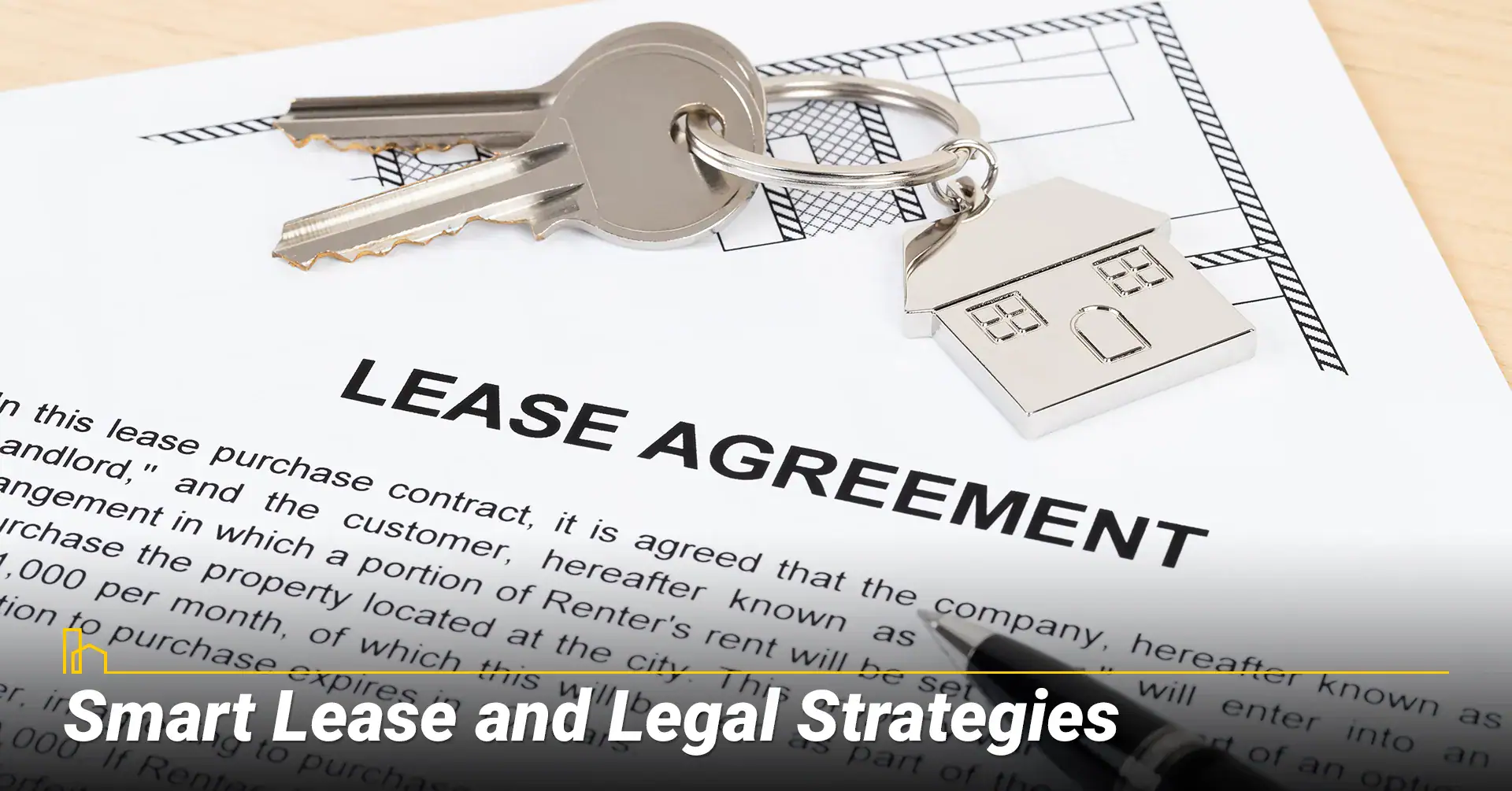
6. Master the Art of Lease Agreement Analysis
Lease agreement vary significantly by state and property management company, making it crucial to read before putting a signature on the dotted line. Understanding factors like early termination policies, rent increase limitations, guest and pet policies, maintenance responsibilities, and parking arrangements is crucial.
To ensure there is no miscommunication, ask specific questions about lease-breaking procedures, annual rent increase caps, and utility average costs before moving in. Request that any verbal agreements be added to the lease as written addendums to ensure these are included.
7. Document Everything During Move-In
Protecting the security deposit begins as soon as the keys are received. Create comprehensive records using timestamped photos and videos of every room, focusing on areas that commonly show wear (living room, kitchen). Document all existing damage, test all appliances and systems, and check for signs of pest issues or water damage.
Create a dedicated cloud folder for all rental documents, with apps such as Sortly or Google Photos for detailed organization. Email your findings to the landlord within 48 hours to establish a written record of communication. For high-value rentals, consider hiring a professional move-in inspection service ($200-$400) that provides detailed documentation and can save thousands in case a dispute arises.
Step by Step Renters Guide on How To File a Complaint or Lawsuit Against Your Landlord
Filing a formal complaint or a lawsuit is a serious step shifting the conflict from a private disagreement to a public legal matter. It requires preparation, evidence, and a clear understanding of your rights. This guide walks you through the escalation process, from organizing your trial binder to filing…
Modern Rental Technology and Processes

8. Navigate Digital Rental Applications Successfully
Most rental applications are now digital, making it easier to submit the needed info. Prepare PDF copies of all required documents including, pay stubs, tax returns, bank statements, employment verification letters, and identification. Compile a list of reference contact information, including current phone and email details.
Document Type | Format Requirements | Preparation Tips |
|---|---|---|
| Pay Stubs | PDF, last 3 months | Ensure all personal info is legible |
| Tax Returns | PDF, most recent year | Include all schedules and W-2s/1099s |
| Bank Statements | PDF, last 2-3 months | Black out account numbers except last 4 digits |
| Employment Letter | PDF on letterhead | Must include salary and start date |
Submit applications within hours of viewing desirable properties and follow up with a brief personal note explaining why you’d be an excellent tenant. Be prepared to make quick decisions but have backup plans if they fall through. Avoid rental scams by never sending money via wire transfer, being suspicious of landlords who won’t meet in person, and investigating below-market pricing.
9. Schedule Utilities and Internet Like a Pro
Strategic utility planning ensures a smooth move-in process to prevent being without essential services. Understand available providers three to four weeks before move-in, schedule connections two weeks ahead, and confirm all appointments one week before moving.
Service Type | Setup Timeline | Average Monthly Cost | Setup Considerations |
|---|---|---|---|
| Electricity/Gas | 2-3 weeks ahead | $100-300 | May require deposits for new customers |
| Internet/Cable | 2-4 weeks ahead | $50-150 | Compare speeds; some buildings have restrictions |
| Water/Sewer | Often included in rent | $30-80 if separate | Check if landlord or tenant responsibility |
Ask neighbors or your landlord/leasing company for provider recommendations best for the unit, bundle services for discounts, look for new customer promotions, and set up automatic payments to avoid late fees.
Subletting Apartment: What it means, How to do it right, and Who should do it
You’ve been offered your dream job in another state. Your long-lost great uncle has died and left you his Victorian mansion. Or you’ve heard the call of the open road and decided it’s time to sell all your belongings and experience #VanLife. Here're Key things you should know BEFORE subletting your apartment...
Advanced Rental Success Strategies
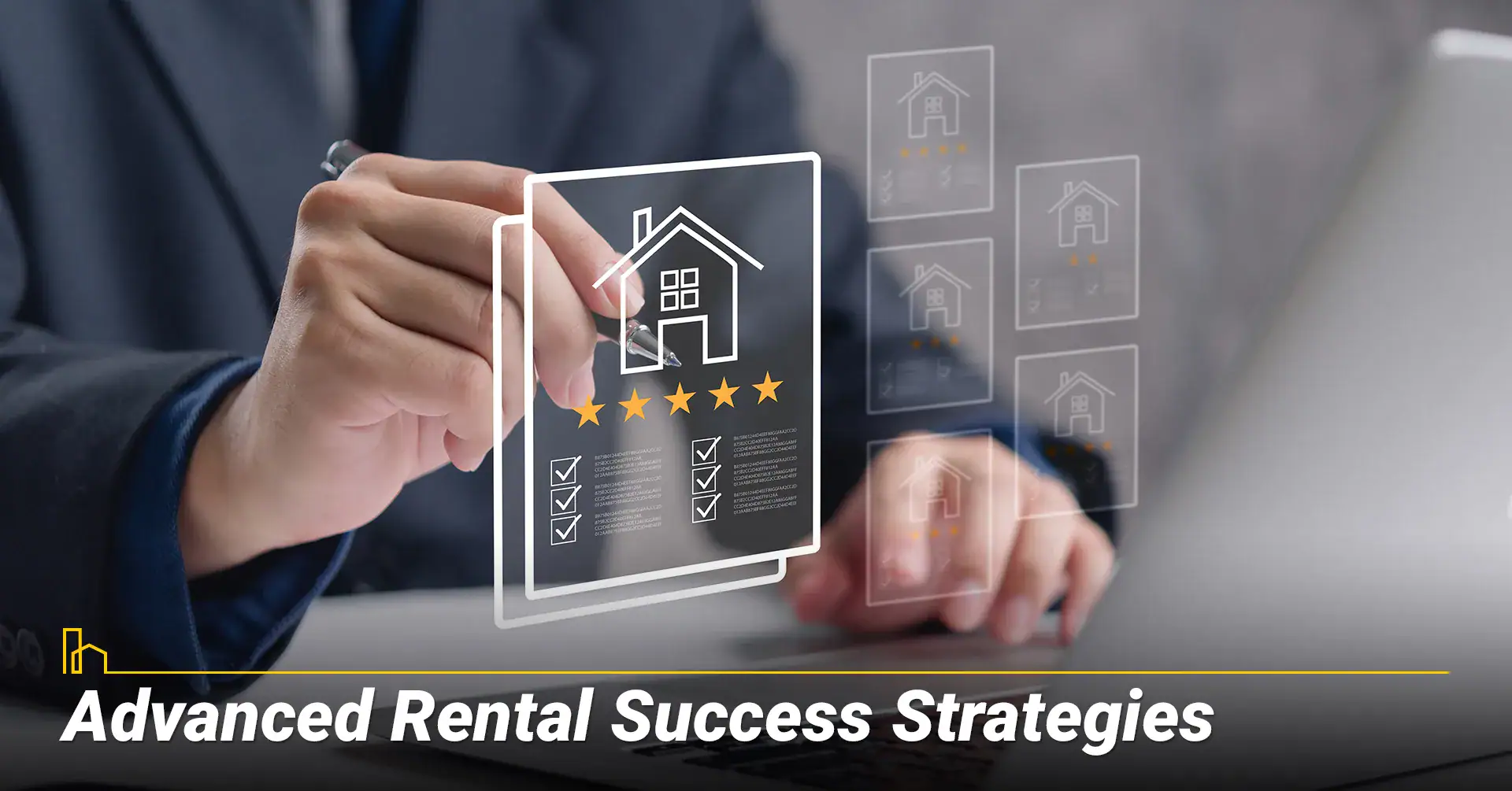
10. Research and Vet Property Management Companies
The quality of your rental experience depends heavily on property management. Research companies through Better Business Bureau ratings, Google Reviews, Yelp, and apartment rating websites like ApartmentRatings.com. Join local tenant forums and Facebook groups for honest assessments.
When possible, speak directly with current tenants about maintenance response times, management responsiveness, rent increase history, and renewal likelihood. Rental properties can communicate this information to you, but the other tenants are the ones who actually live there.
Management Quality Indicator | Good Signs | Warning Signs |
|---|---|---|
| Licensing & Credentials | State-licensed, professional associations | Unlicensed, no verifiable credentials |
| Communication | Clear policies, prompt responses | Unclear fees, slow communication |
| Maintenance | Preventive care, quick repairs | Reactive only, long wait times |
| Tenant Relations | Low turnover, positive reviews | High turnover, complaint patterns |
Be cautious of companies with multiple negative reviews citing similar issues, unclear fee structures, poor property maintenance, and high tenant turnover rates.
Pet-Friendly Apartment Hunting

Finding Pet-Friendly Rentals in Your New City
Pet ownership can make it difficult to find an apartment, but not impossible. The rental websites previously listed above (Zillow, HotPads, Trulia, and StreetEasy) offer the ability to filter for pet-friendly apartments, making it easy to narrow your search. If unsure, reaching out to the property manager should provide an answer.
Understanding pet fees is necessary for incorporating them into a monthly budget. Pet security deposits ($200-$500) are often refundable, while pet fees in the same range are typically non-refundable, and monthly pet rent ($25-$75 per pet) represents ongoing expenses. Research breed restrictions common in your area and prepare comprehensive pet documentation, including vaccination records, veterinary certificates, and relevant letters of good standing.
Eviction Notice FAQs: Can Landlord Put Eviction Notice on Door?
In this article, we will inform tenants of the laws to empower them to protect their rights, avoid unjust evictions, and seek legal remedies when faced with landlord misconduct. On the other hand, landlords benefit from understanding the laws to ensure compliance, avoid legal disputes, and execute eviction proceedings lawfully and effectively…
FAQ about Renting A Place to Live
1. What documents do I need to rent an apartment after relocating? Photo ID, three months of pay stubs, bank statements, employment verification letter, previous rental history with landlord/property management contacts, and references. Keeping digital copies on your phone makes it easy to have them at all times and apply quickly if needed.
2. How far in advance should I start apartment hunting when relocating? Once the move is confirmed, it’s best to begin the hunt. Six to eight weeks before your move date is an ideal timeframe for conducting thorough research, scheduling viewings, processing application, and setting up utilities.
3. Can I rent an apartment with no local credit history or references? Yes, but prepare additional documentation like extra security deposits, co-signers/guarantors, or substantial savings proof to demonstrate the necessary income.
4. What’s the average cost of relocating and renting in a new city? Budgeting three to five times your monthly rent upfront, plus an additional $2,000 to $5,000 for unexpected first-month expenses, will ensure you are financially prepared.
5. How do I avoid rental scams when apartment hunting remotely? Never send money before viewing properties in person. Verify the landlord’s identity through property records. Be suspicious of below-market pricing and use secure payment methods with receipts.
6. What should I know about breaking a lease if relocation doesn’t work out? Review early termination clauses carefully. Some allow termination with notice and fees (1-2 months’ rent), while others require finding subletters to take over the lease. Military personnel and domestic violence victims often have additional legal protections.
How to Rent to Own a House
If renting to own sounds like an idea you’d like to pursue, then you need to know how it works. Like most things in real estate, there are pros and cons, but having a clear understanding of what you are getting into will make a big difference. Here we will discuss the most popular topics on rent to own homes so you can decide if this is the right type of real estate transaction for you…
Your Next Steps
Successfully relocating and finding the perfect apartment requires strategic planning, thorough research, and patience. Start by checking your credit score and addressing any potential moving issues that may arise during the move. Researching target neighborhoods using digital tools to calculate a monthly budget should follow. Organizing required documents and considering short-term housing as a strategic starting point should be done last but still early.
Remember that successful relocation involves more than finding a nice apartment. Taking time to plan, research, and prepare will make a stressful situation easier. Your new home and new life are waiting—these strategies will help you find both efficiently and cost-effectively.
Good luck with your relocation and happy apartment hunting!
Local Editor(s)
What To Do If Your Landlord Won’t Make Repairs: Tenant Rights, Evidence Checklist, and Legal Remedies
Dealing with a landlord disregarding repair requests is one of the most stressful experiences renters can face. Whether it’s a furnace that died in January or ceiling that leaks every…
Tenant Rights When a Rental is Unsafe or Uninhabitable: From Code Complaints to Breaking Your Lease Legally
Coming home to a rental lacking heat in the winter, a leaking roof, or is infested with pests is more than an inconvenience; it is a threat to your health,…
Illegal Evictions and Lockouts: How Tenants Can Fight Back and Reclaim Their Home
Finding yourself suddenly unable to enter your own home because the locks have been changed or utilities have been cut off is a tenant’s worst nightmare. In the heat of…
How To Document Landlord Harassment and Retaliation For Building A Legal Case
Landlord harassment and retaliation are illegal tactics used to force tenants out of their homes without formal eviction proceedings. Whether it be aggressive behavior, neglect, or rent hikes, these actions…
Step by Step Renters Guide on How To File a Complaint or Lawsuit Against Your Landlord
The landlord-tenant relationship is a business arrangement, but gradually evolves into a personal one to the overall nature. Most disputes, whether about unreturned security deposits, ignored repairs, or privacy violations,…
Section 8 Transfer to Another State: Complete Portability Guide
Life happens. Maybe a new job opportunity opens up across the country, a health crisis requires being closer to family, or you simply need to find a safer place to…
The 10 Tenants’ Common Questions
Being a tenant can be both exciting and challenging. Finding a place to call home comes with a set of responsibilities and rights that every tenant should be aware of.…
Eviction Notice FAQs: Can Landlord Put Eviction Notice on Door?
If you're renting a house or apartment in any of the major states in the US, your landlord can legally put an eviction notice on the door if you fail…
Illegal Evictions and Lockouts: How Tenants Can Fight Back and Reclaim Their Home
Finding yourself suddenly unable to enter your own home because the locks have been changed or utilities have been cut off is a tenant’s worst nightmare. In the heat of the moment, it is natural to feel panicked, but the…
Section 8 Transfer to Another State: Complete Portability Guide
Life happens. Maybe a new job opportunity opens up across the country, a health crisis requires being closer to family, or you simply need to find a safer place to raise your children. Whatever the reason, the thought of moving…
Advanced Guide to Warehouse Space Rental and Cost Optimization
Finding the right warehouse space for rent goes beyond securing square footage—it's about acquiring a strategic logistics asset that drives supply chain efficiency. This guide explores cost structures, layout optimization, lease strategies, and operational best practices to maximize your warehouse…
The Pros and Cons of Living in Boston, Massachusetts
Considering moving to Boston in 2025? This historic yet innovative city offers a unique blend of old-world charm and modern opportunity. As New England's economic and cultural hub, Boston attracts residents with its world-class education, thriving job market, and vibrant…
The Pros and Cons of Living in Minnesota
When picturing the Midwestern state of Minnesota, some might imagine a snowy blizzard, an afternoon at the lake, the bustling state fair, and a thriving hockey community. And while all of those are essential pieces of the state’s cultural identity,…
The Pros and Cons of Living in Ohio
On any given day in Ohio, you could find yourself in two completely different states of mind in a difference of an hour. One moment, you are looking at a beautiful view of snow-topped trees from a lookout point high…
The Pros and Cons of Living in West Virginia
Relocating to West Virginia is a major decision requiring careful consideration of both the state's overall character and the communities you might call home. If you're considering moving to West Virginia, the Mountain State offers a unique blend of affordability,…
The Pros and Cons of Living in Kentucky
When you think of Kentucky, you might conjure up images of fried chicken, bourbon, and horse racing. While you will find no shortage of those things in the Bluegrass State, it has so much more to offer. Kentucky is a…













